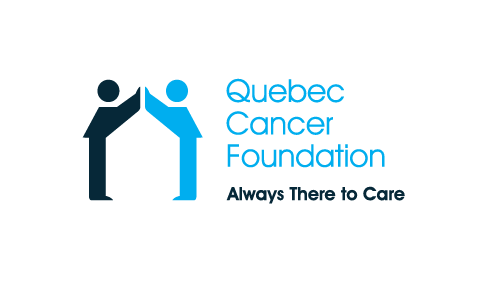Be careful to respect your limits. Don’t underestimate your own suffering and physical and mental fatigue. Remember that to able to take care of someone else, you need to think of yourself.
Here are some tips to help you maintain your balance and quality of life.
Set some time aside for yourself
- Set aside a time slot that is entirely yours early on in your commitment to your friend or relative; don’t wait until you’re already exhausted. These moments will allow you to relax and replenish your energy.
- Above all, don’t see these moments of respite as a treat, but as a necessity, or, if you prefer, as an important appointment with yourself.
- Organize yourself carefully. Set a schedule, yet remain flexible. Being too rigidly organized doesn’t allow for unforeseen circumstances and can generate more stress than benefits.
Reduce your stress

- Exercise, enrol in a yoga, fitness, swimming program, etc.
- Go out get some fresh air, even for just a few minutes. This will allow you to empty your mind and release your tension.
- Take a nap, have a bath, meditate or do breathing exercises.
- Watch a movie, listen to music, immerse yourself in a good book.
- Pamper yourself with a massage or a visit to a spa.
Break the isolation; see your friends
- Even if you have less time than before for friends, accept invitations that will do you good. Let your friends take care of you and don’t hesitate to confide in them or anyone else you trust.
- Friends can sometimes have difficulty understanding what you’re going through. When this happens, turn to a support group whose role is to listen and give you advice.
- The Quebec Cancer Foundation also offers a free telephone support service (telephone peer support) that allows you to chat with someone who is in the same situation as you.
Try to reduce your responsibilities
Dare to ask for help. Some people don’t offer their services for fear of being refused, while others simply believe that their support is not needed. So don’t always assume that help will come spontaneously; you might have to make the first step.
Prepare a list of daily chores so that you know what to ask when help is offered. For example: grocery shopping, cooking, cleaning, outings with the children, accompanying the person on their visit to the hospital, etc.
Above all, thank those who support you. If you show your appreciation for the help they gave you, they will be more inclined to offer it again.
Several resources are available to you
When accompanying someone dear to you, it’s essential not to forget to strike a balance between their well-being and your own. Many resources exist to lighten your load or offer emotional support: other family members, friends and neighbours, the CSSS, your CLSC, community organizations and self-help and support groups for caregivers .
For the resources available in your area, call the Quebec Cancer Foundation’s Info-Cancer Hotline at 1-800-363-0063.
Info-cancer
Need information, a listening ear, resources and to share?
Our Info-cancer staff is there to:
- Answer your questions;
- Refer you to resources in your area;
- Provide you with useful documentation;
- Put you in touch with someone who has gone through the same ordeal, whether you or a loved one.
Borrow one or more books on the subject for free:
Monday to Friday, from 9 am to 5 pm
1-800-363-0063 (free of charge) | infocancer@fqc.qc.ca
Sources
- Caregiver Coalition of Quebec RANQ: www.ranq.qc.ca
- Khandjian, Sylvie, Je prends soin de mes parents : guide complet conçu au Québec. Éditions Caractère, 2011, pp. 171-189, « Prendre soin de soi avant tout. » Borrow this book.
- Fauré, Christophe. Vivre ensemble la maladie d’un proche : aider l’autre et s’aider soi-même. Albin Michel, 2002, p. 131-158, « Chapitre 5 : Prendre soin de soi. » Borrow this book.



































